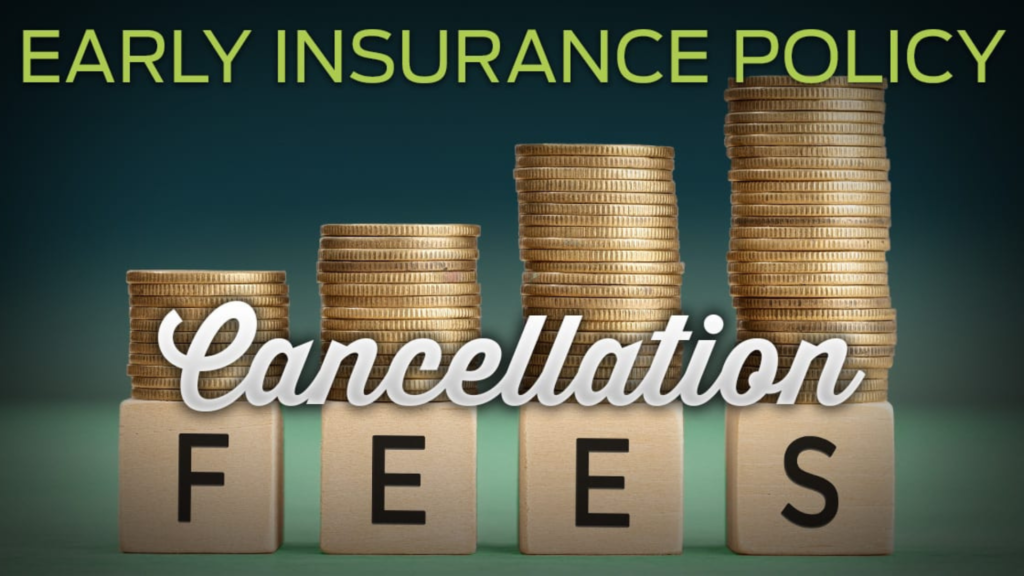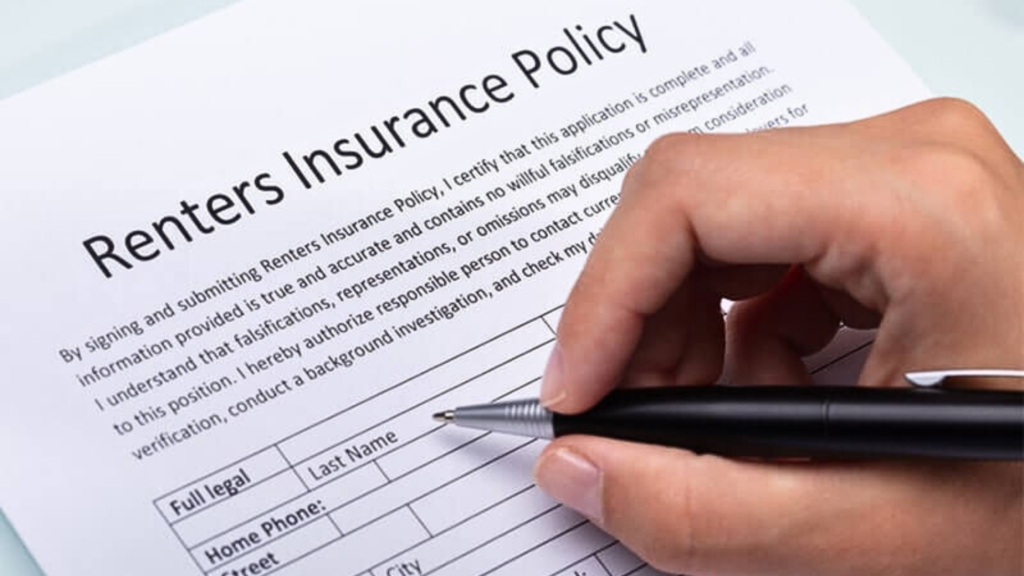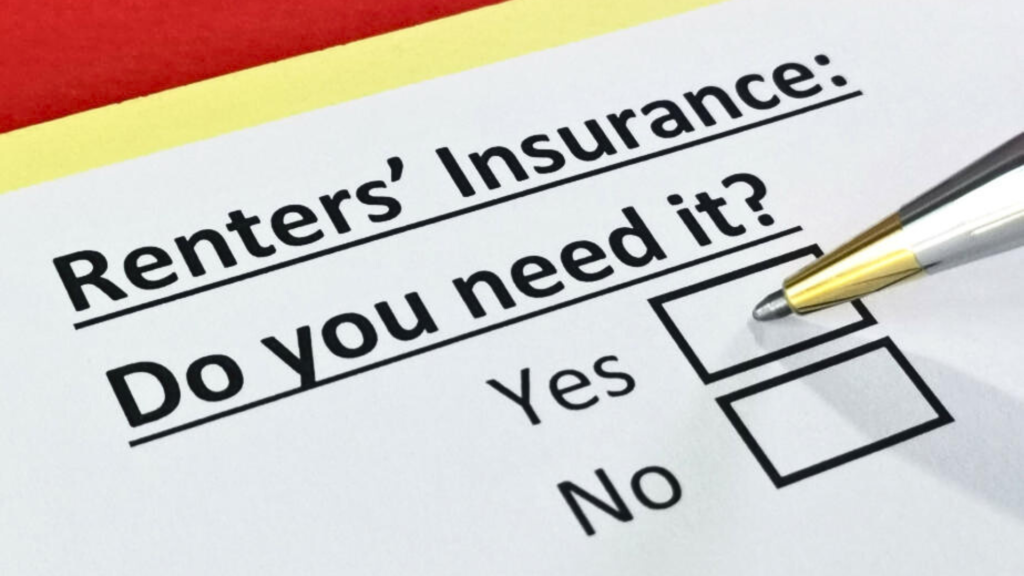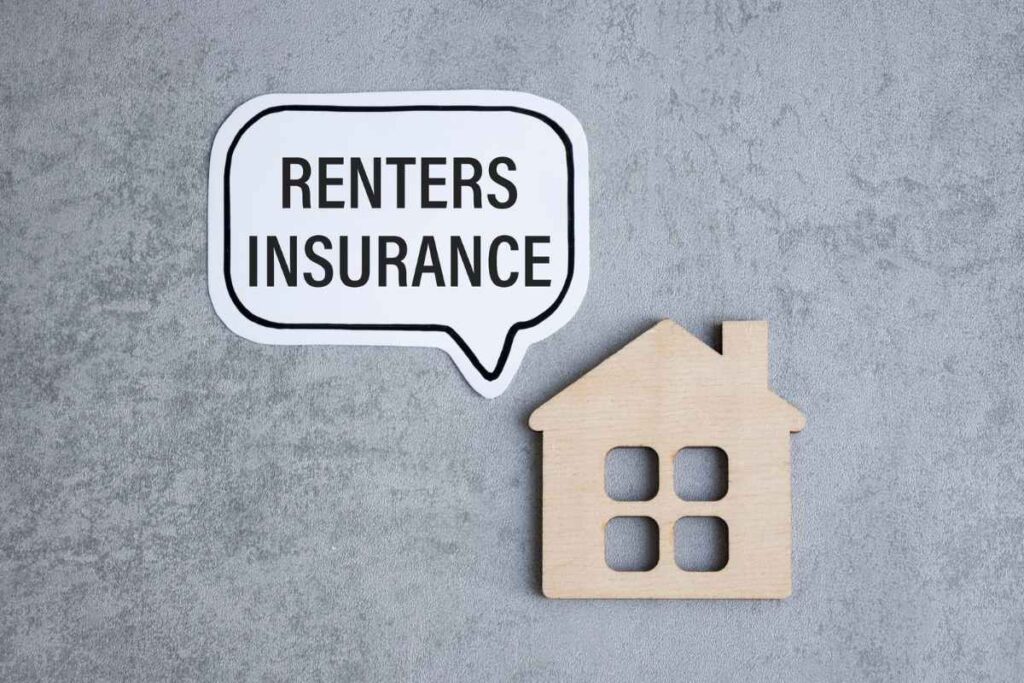Renters insurance gives tenants peace of mind by protecting personal property, liability coverage, and sometimes even temporary housing in case of a disaster.
But what happens if you no longer need the policy or your circumstances change? Can you cancel a renters insurance policy early? The short answer is yes. However, it’s essential to understand the process, its cost, and the consequences before deciding.
We’ll now go over all you need to know about canceling your renters insurance policy, the steps involved, and things to consider before you make the call.
Can You Cancel a Renters Insurance Policy Early? Are There Cancellation Fees?
Yes, it is possible to cancel a renters insurance policy early, and in many cases, it’s a pretty simple process. Most insurance companies allow policyholders to terminate their coverage at any time. However, whether or not you’ll be charged cancellation fees depends on your insurer and the terms of your policy.
Some insurers may charge an early termination fee or require a formal written notice, while others may allow you to cancel without any penalties. That’s why it’s essential to review your policy or contact your insurance provider to find out more about their specific cancellation policy.

Additionally, depending on how far you are in the policy, you may be eligible for a prorated refund for unused premiums. This means you could get back some of what you’ve already paid.
Also, if you’re wondering if you can cancel renters insurance and get a refund, the answer depends on your timing and policy’s terms. But in many cases, you can receive a refund for the remaining coverage period.
ALSO READ: Mold Risks Continue to Impact Homeowners Insurance As Coverage Gap Worsens
Steps to Canceling a Renters Insurance Policy
If you’ve decided to cancel your renters insurance, follow these easy steps to ensure a smooth process.
Step 1: Review Your Policy
The first step is carefully reviewing your renters insurance policy to understand the cancellation terms. Look for information about cancellation fees, the required notice period, and any specific instructions from your insurance provider that you’re meant to follow.
Step 2: Contact Your Insurance Provider
The next step is to reach out to your insurance company. While some insurance providers may allow you to cancel your policy online or via a mobile app, others might require a phone call or written notice. So make sure to have your policy number and other relevant details close.

Step 3: Request Confirmation of Cancellation
Once you’ve completed the cancellation request, request written confirmation that your insurance policy has been canceled. This could come in the form of an email or a mailed letter. Make sure to keep this document in a safe place in case of any issues later about your coverage status.
Step 4: Inquire About a Refund
If you’ve paid ahead for your premium for the year and you’re canceling midway through the coverage term, don’t forget to ask about a refund for the unused portion of your insurance policy. As stated earlier, many insurers will offer a partial refund for the remaining months, so it’s worth pursuing.
Step 5: Consider Replacement Coverage if Needed
If you’re canceling because you’re switching to a different renters insurance company, ensure your new policy is in place before you cancel the old one. This ensures there are no coverage gaps, which could leave you unprotected in the case of damage or loss.
Essential Considerations Before Canceling Your Renters Insurance Policy
Before canceling your renters insurance, there are a few key factors to consider.
1. Does Your Landlord Require You To Have Renters Insurance?
In some cases, renters insurance is a requirement of your lease agreement. If your landlord mandates renters insurance and then you go ahead and cancel your policy, this could result in a violation of your lease terms. You could get fined for it or possibly evicted. So, confirming that you’re not breaching any terms before canceling is essential.
2. What Happens to Your Personal Property Protection?
One of the primary reasons people get renters insurance is to protect their personal belongings. If you cancel your policy, your property will no longer be covered against theft, damage, or loss caused by fire or natural disasters.

3. Will You Lose Liability Coverage?
Renters insurance typically includes liability coverage, which protects you if someone is injured while visiting your home or if you accidentally cause damage to someone else’s property. Canceling your policy means you’ll lose this protection and have to pay for any related expenses out of pocket.
4. Do You Have an Upcoming Move or Lease Termination?
If you’re canceling because you’re moving, your lease is about to end, or you have a lease termination, it’s still necessary to time the cancellation properly. If you cancel too early, you could be left without coverage for the rest of your lease. Always ensure your policy lasts until the day you move out, especially if you’re responsible for any property damage.
ALSO READ: How To Get Insurance To Pay for Roof Replacement
Potential Consequences of Canceling Your Renters Insurance Policy
Canceling your renters insurance policy without thinking about it carefully can lead to the following:
- Lack of Financial Protection: If you don’t have renters insurance, you’re on your own when replacing stolen or damaged property. Also, if there’s an accident in your rental and someone gets hurt, you’ll be responsible for any medical or legal expenses since you no longer have liability coverage.
- Violation of Lease Terms: Some lease agreements require tenants to maintain renters insurance. If you cancel your policy and your landlord finds out you are no longer complying with the terms of your lease, it could lead to penalties, fines, or even eviction.

- Difficulty Getting New Coverage in the Future: Some insurance companies track cancellations, and frequent cancellations or nonpayment could affect your ability to secure affordable coverage next time. So make sure you cancel responsibly and only when necessary.
- Gaps in Coverage: If you’re switching providers, avoiding gaps in coverage is essential. A gap between policies can leave you vulnerable to unexpected circumstances, so ensure there’s no overlap when canceling and starting a new policy.
While you can cancel a renters insurance policy early, you must know the potential consequences and ensure you’re canceling for the right reasons. Remember to carefully consider canceling renters insurance, especially given the possible risks to your property and overall financial well-being. So choose wisely.

